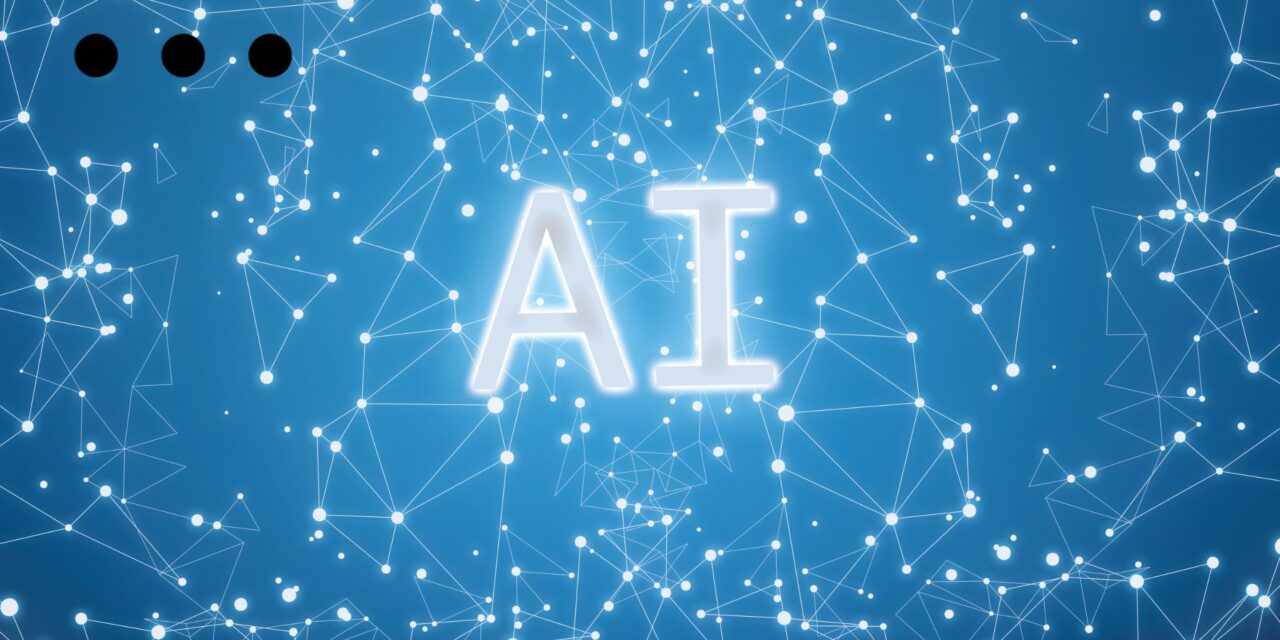Addiction is a complex and challenging disease that affects millions of people worldwide. While traditional approaches to addiction treatment, such as therapy and support groups like Alcoholics Anonymous, have been effective for many individuals, there is a growing interest in the potential of technology-assisted treatment, particularly in the form of artificial intelligence (AI).
Let’s explore the question of whether there is a role for AI in addiction recovery and the potential benefits and drawbacks of this emerging approach.
What is AI-Assisted Treatment for Addiction?
AI-assisted treatment for addiction is an emerging field that involves the use of technology, particularly machine learning algorithms, to aid in diagnosing, monitoring, and treating addiction.
AI can be used in a variety of ways in addiction recovery, such as:
- Monitoring and analyzing data from wearable devices, such as smartwatches or fitness trackers, to track a person’s physiological responses to drug or alcohol use and identify triggers for relapse.
- Developing personalized treatment plans based on a person’s unique needs and risk factors, such as genetic predisposition to addiction or co-occurring mental health conditions.
- Providing virtual coaching and support through chatbots or other AI-powered tools that can provide real-time feedback and guidance to individuals in recovery.
- Providing virtual reality therapy to help with triggers. With the use of VR technology, individuals can be exposed to relapse triggers in a controlled and safe environment. This approach has the potential to accurately predict those who may be more susceptible to relapse, as well as identify those who may benefit from cue exposure therapy.
Benefits of AI-Assisted Treatment for Addiction
While there’s still a lot to be learned about these new technologies, there are several potential benefits to using AI in addiction recovery:
- Personalized treatment: AI can analyze large amounts of data to develop personalized treatment plans tailored to each individual’s unique needs and risk factors. This can lead to more effective and efficient treatment outcomes.
- Real-time monitoring: Wearable devices and other sensors can provide real-time monitoring of a person’s physiological responses to drug or alcohol use, allowing for early detection of potential relapse triggers.
- Accessibility: AI-powered tools can provide support and coaching to individuals in recovery anytime, anywhere, making treatment more accessible to those who may not have access to traditional in-person support.
- Relapse prevention: A study determined that a machine learning program can predict the risk of relapse during the first month of treatment, during the final month of treatment, and between weekly or bi-weekly treatment sessions.
Challenges of AI-Assisted Treatment for Addiction
While there are potential benefits to AI-assisted treatment for addiction, there are also several drawbacks to consider:
- Lack of human connection: Some individuals in recovery may find it challenging to connect with an AI-powered tool, mainly if they are accustomed to the human connection and support provided by traditional approaches to addiction treatment.
- Privacy concerns: Using wearable devices and other sensors to monitor a person’s physiological responses to drug or alcohol use raises privacy and data security concerns.
- Limited effectiveness: While AI-assisted treatment has shown promise in some studies, it is still a relatively new and untested approach. Its effectiveness in real-world settings has yet to be fully understood.
- Affordability for low-income communities: While many people have easy access to smartphones, computers, and a stable internet connection or data plan, many others lack access to these technologies. People in rural areas particularly suffer from a lack of all of these necessary tools that would allow them to get the help they need.
The Potential of AI-Assisted Treatment for Addiction Recovery
While AI-assisted treatment for addiction is still an emerging field, it has the potential to revolutionize how we approach addiction recovery.
By leveraging the power of technology to provide personalized treatment and real-time monitoring, AI-assisted treatment may improve treatment outcomes and make addiction recovery more accessible to those in need.
However, it is important to proceed cautiously and ensure that the benefits of AI-assisted treatment are balanced against potential drawbacks and concerns about privacy and data security.
If you or a loved one are struggling with addiction, seeking professional help is important. Reach out to a healthcare provider or addiction specialist to discuss your options for treatment. Remember, you are not alone, and there is help available.

